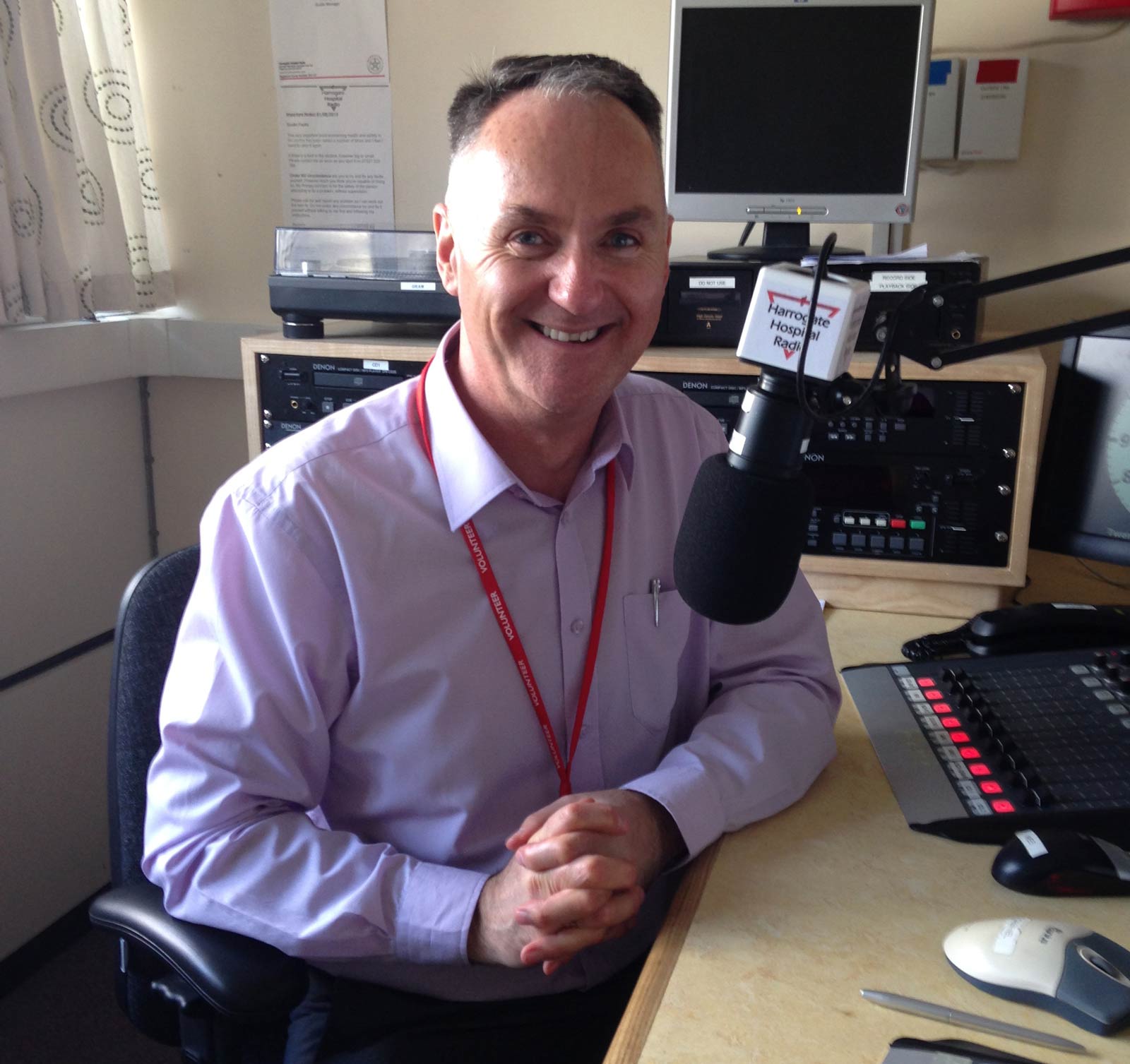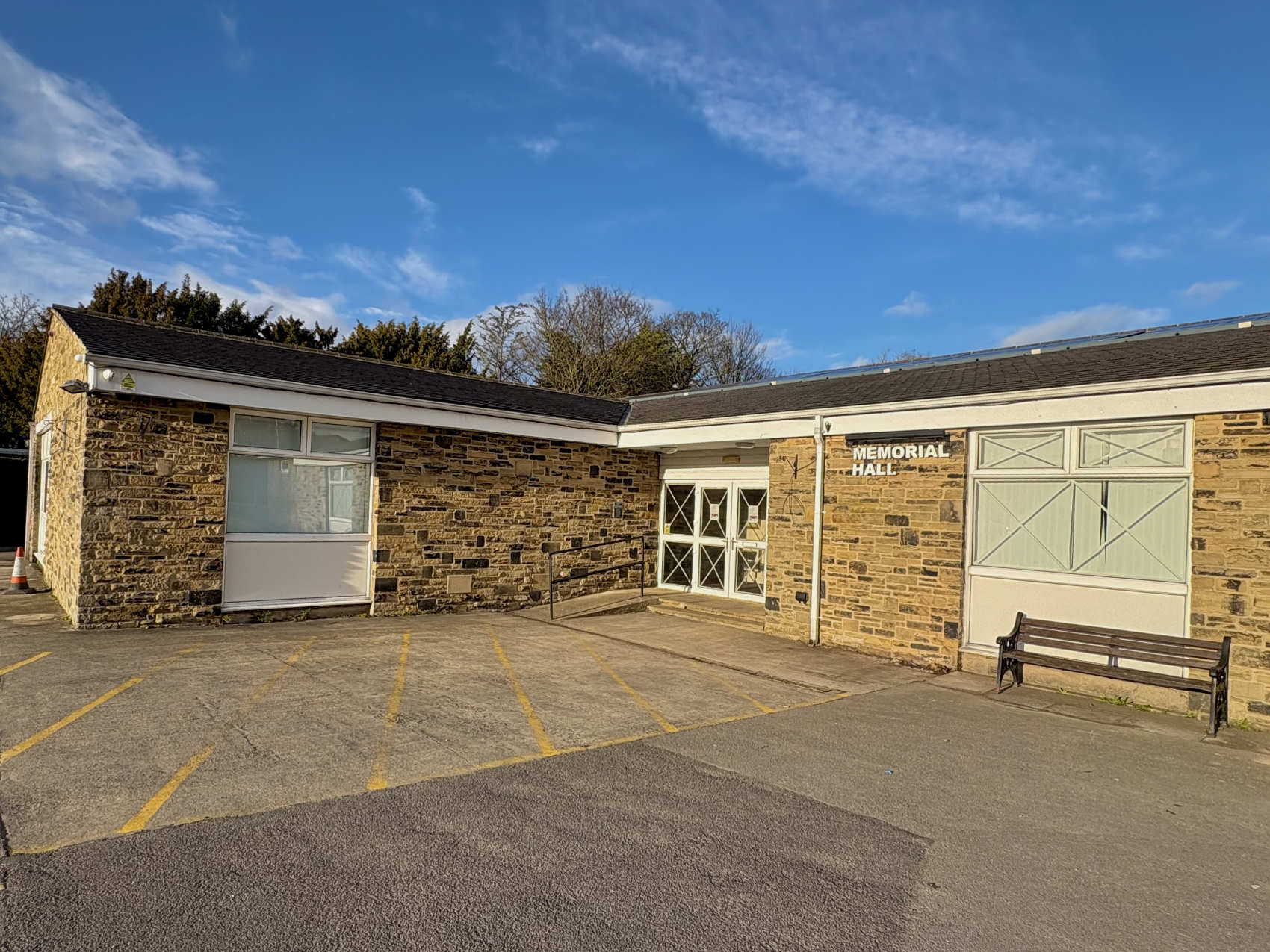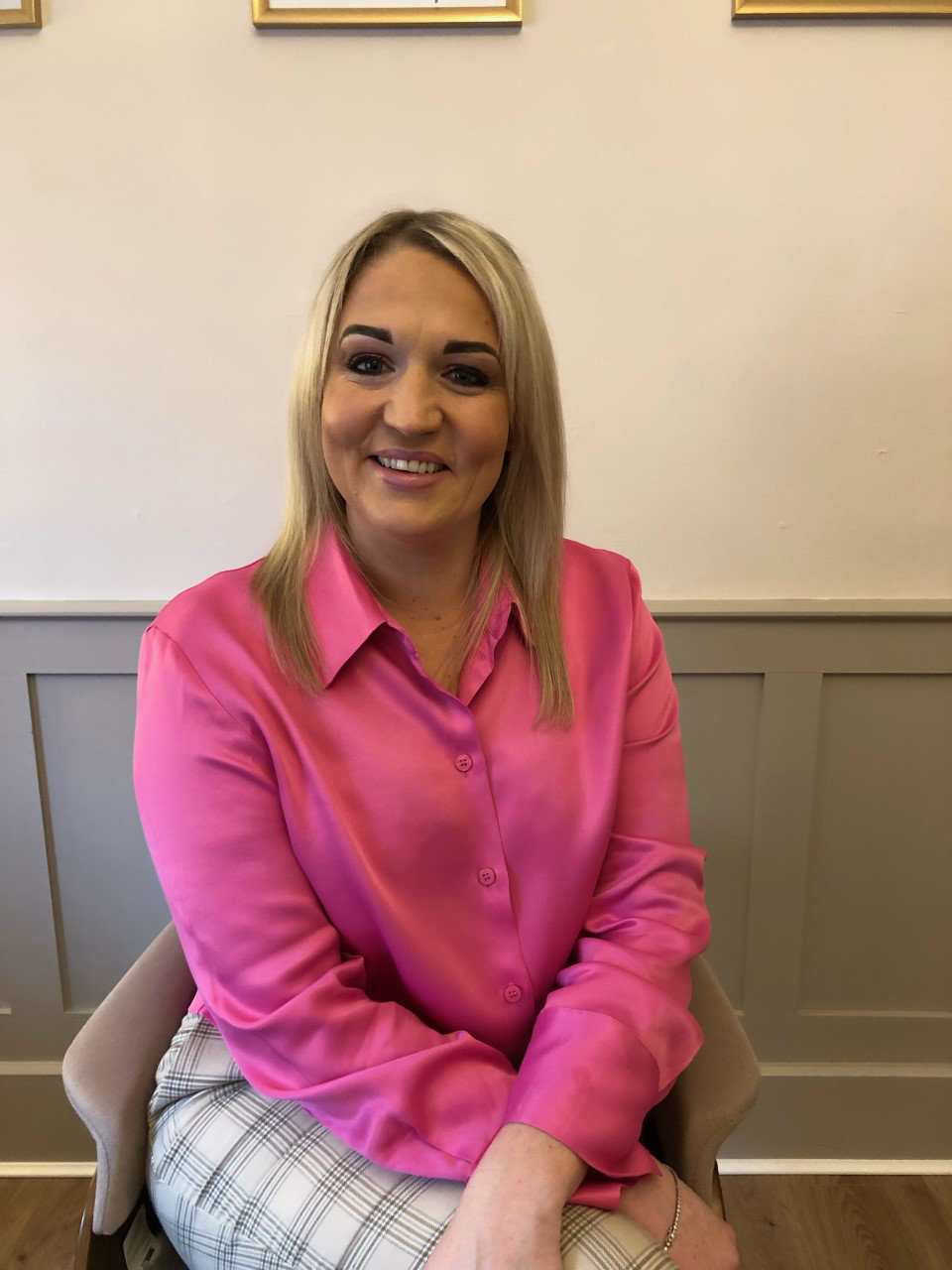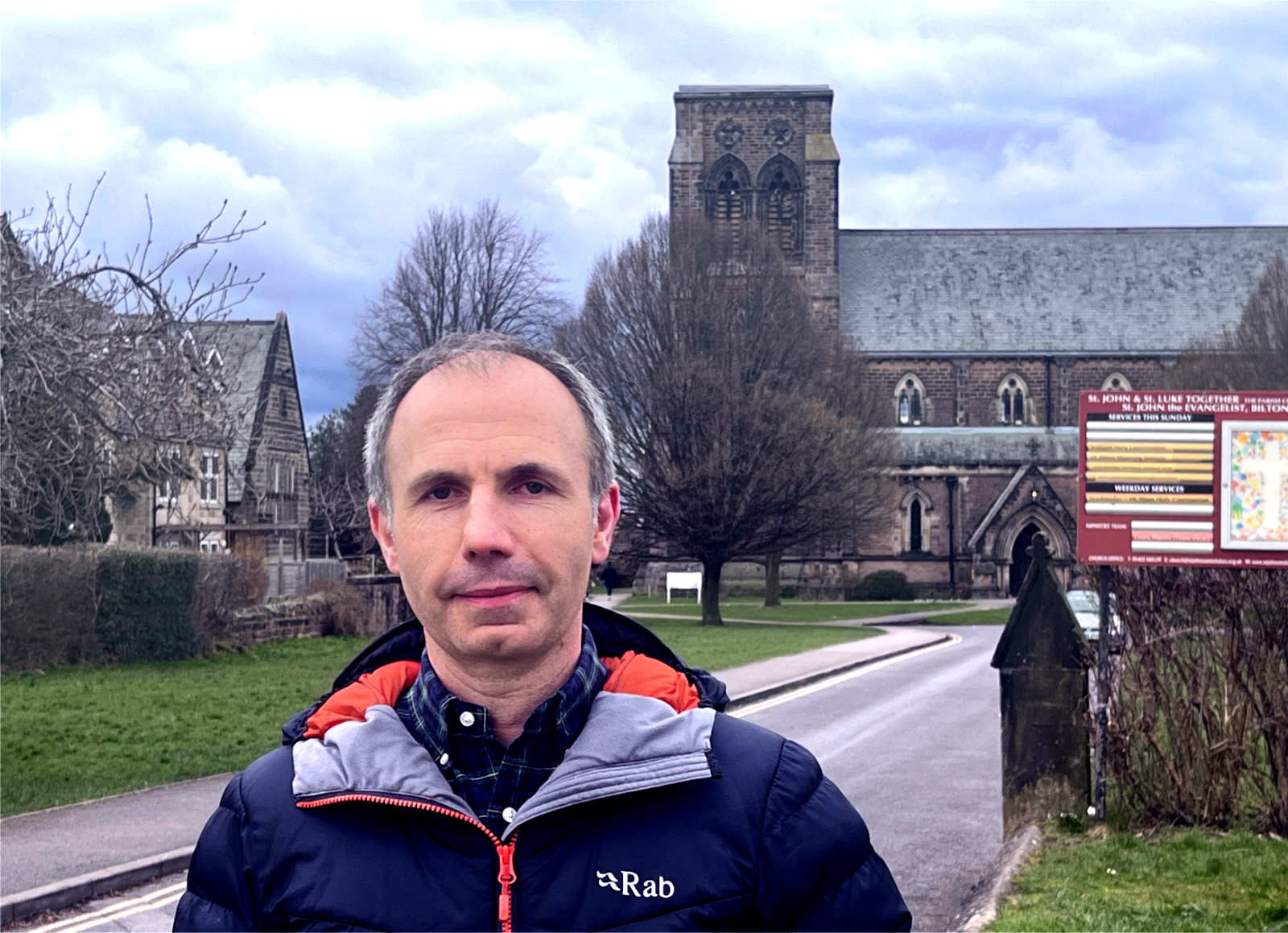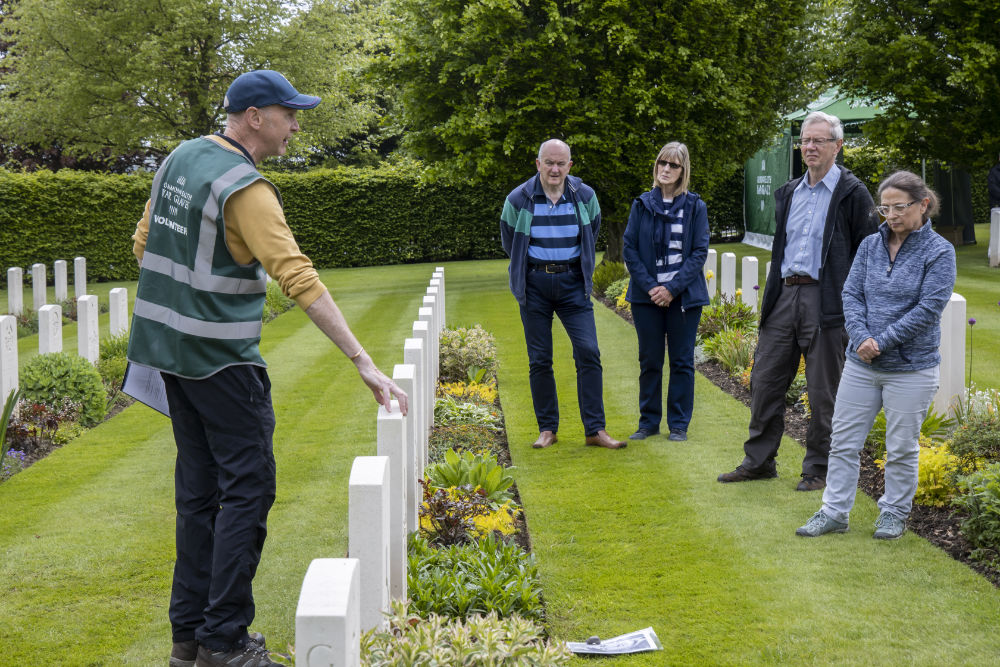Harrogate Hospital Radio will be teaming up with more than 30 other stations this bank holiday weekend (29 April – 1 May) to celebrate the work of hospital broadcasting.
The stations, from across the UK, are joining forces for a 48 hour-long ‘BIG Broadcast’.
It will go on air at 6pm on Saturday and continue without interruption until 6pm on bank holiday Monday. As well as at Harrogate District Hospital, the live programme will be heard by patients as far afield as Cornwall and north-east Scotland.
The broadcast will also be available online.
A team of presenters from Harrogate, Colne in Lancashire, Bishop Auckland in County Durham and Reading in Berkshire have been assembled to keep the entertainment going over the two days. All giving up their time for free.
Mark Oldfield, Chairman from Harrogate Hospital Radio, said: We’re delighted to be involved in The BIG Broadcast.
It’s a chance to promote the great work of the hospital radio right across the country and to highlight the difference our volunteers are making to society every day of the week.
Many people don’t realise there’s so much more to hospital radio than playing songs.
In fact, what we do directly benefits our patients and influences health outcomes.
Richard Smith, lead presenter for the BIG Broadcast, said: I’m so pleased Harrogate Hospital Radio is joining in.
This is the seventh time we’ve produced the BIG Broadcast and this year, more stations than ever are signed up to take the programme.
We want to create a fun, party atmosphere aimed for patients, staff and listeners to participating stations who are unlucky enough to be in hospital or recuperating over the bank holiday weekend.
The BIG Broadcast is being supported by television broadcasters Lorraine Kelly and Matthew Wright and ‘Neighbours’ actor Ryan Moloney. It is also being made possible because of the generosity of Tesco, Morrisons and Sainsbury’s.
The idea of the programme is to jointly celebrate and promote the work of hospital broadcasting and the small army of volunteers who give up their time up and down the country each week.
For all the people who get behind the microphone, there are plenty more who visit wards to collect requests and talk to patients who may have no other visitors. At the same time, fundraisers work tirelessly to bring money in to keep stations on-air.
Research shows hospital broadcasting makes a positive difference for patients, not least in terms of reducing boredom, loneliness and anxiousness.
A study, published in 2016 by the national Hospital Broadcasting Association (HBA), found the entertainment, personal interaction and sense of belonging provided by hospital stations to their listeners created social value and improved health outcomes.
In addition, the HBA’s study found hospital radio has a positive impact on volunteers by making them feel like they are doing something worthwhile.

